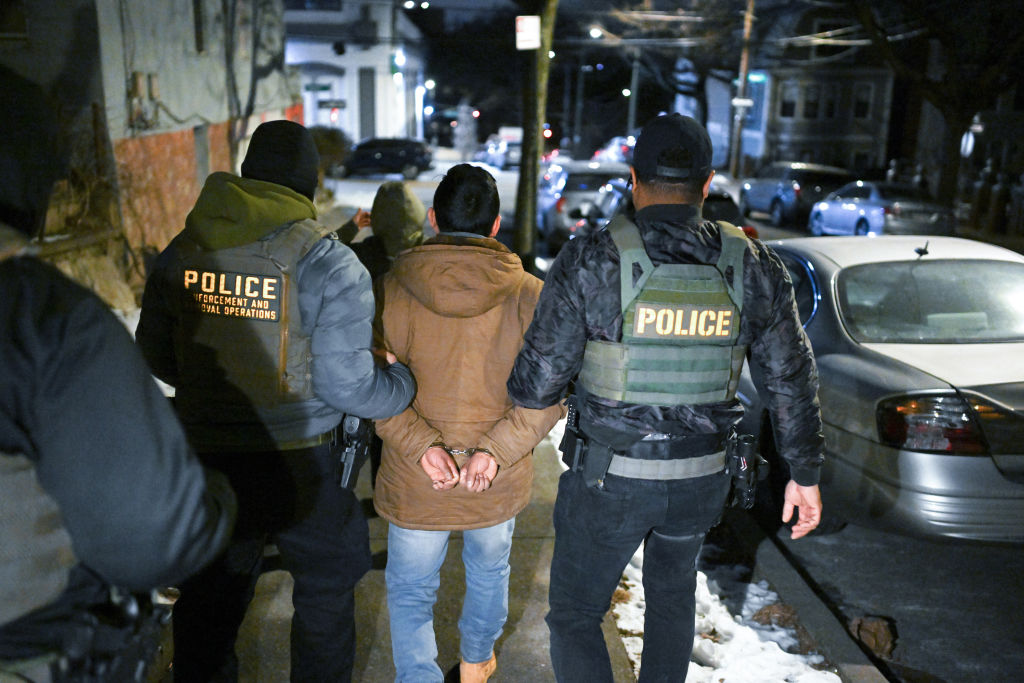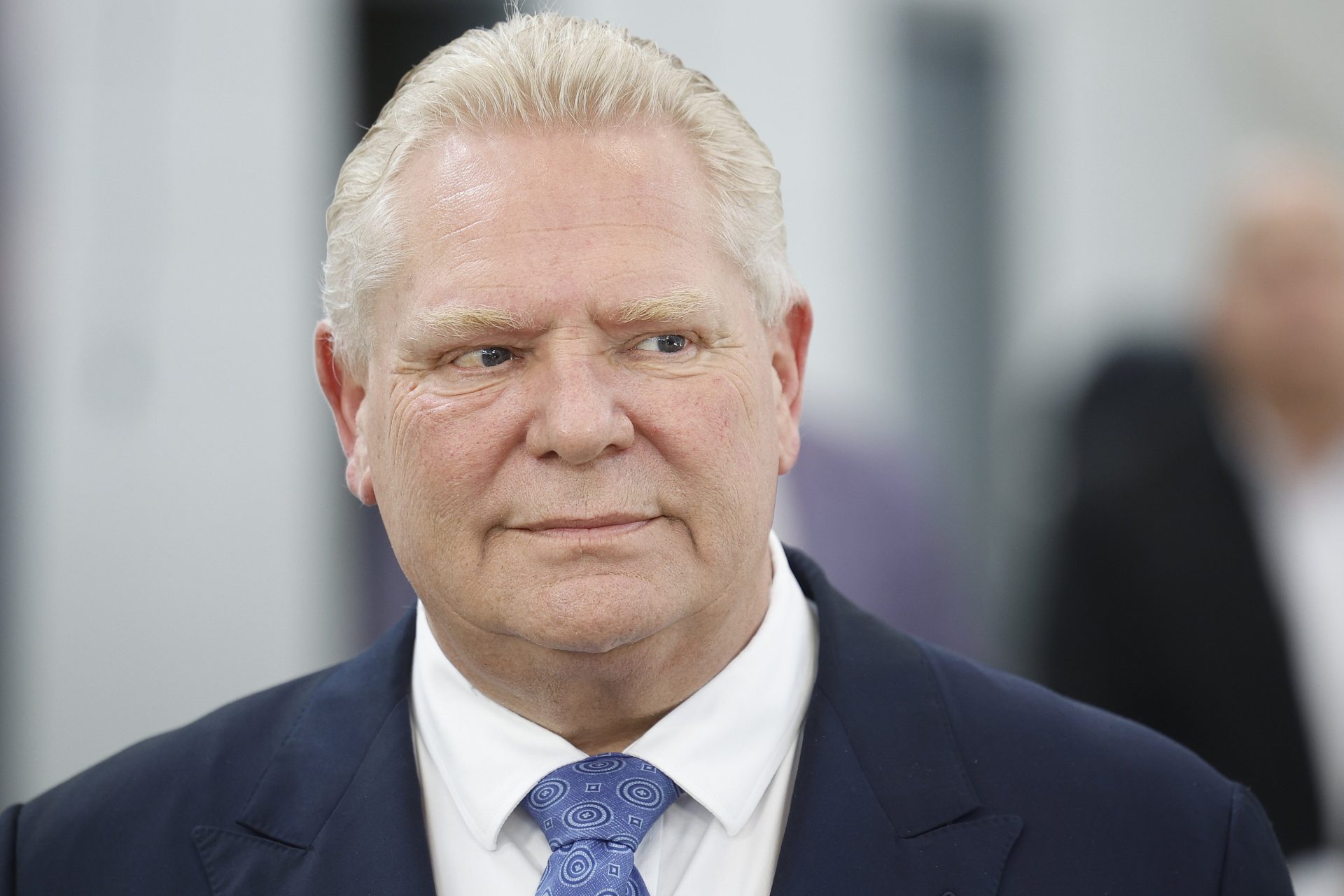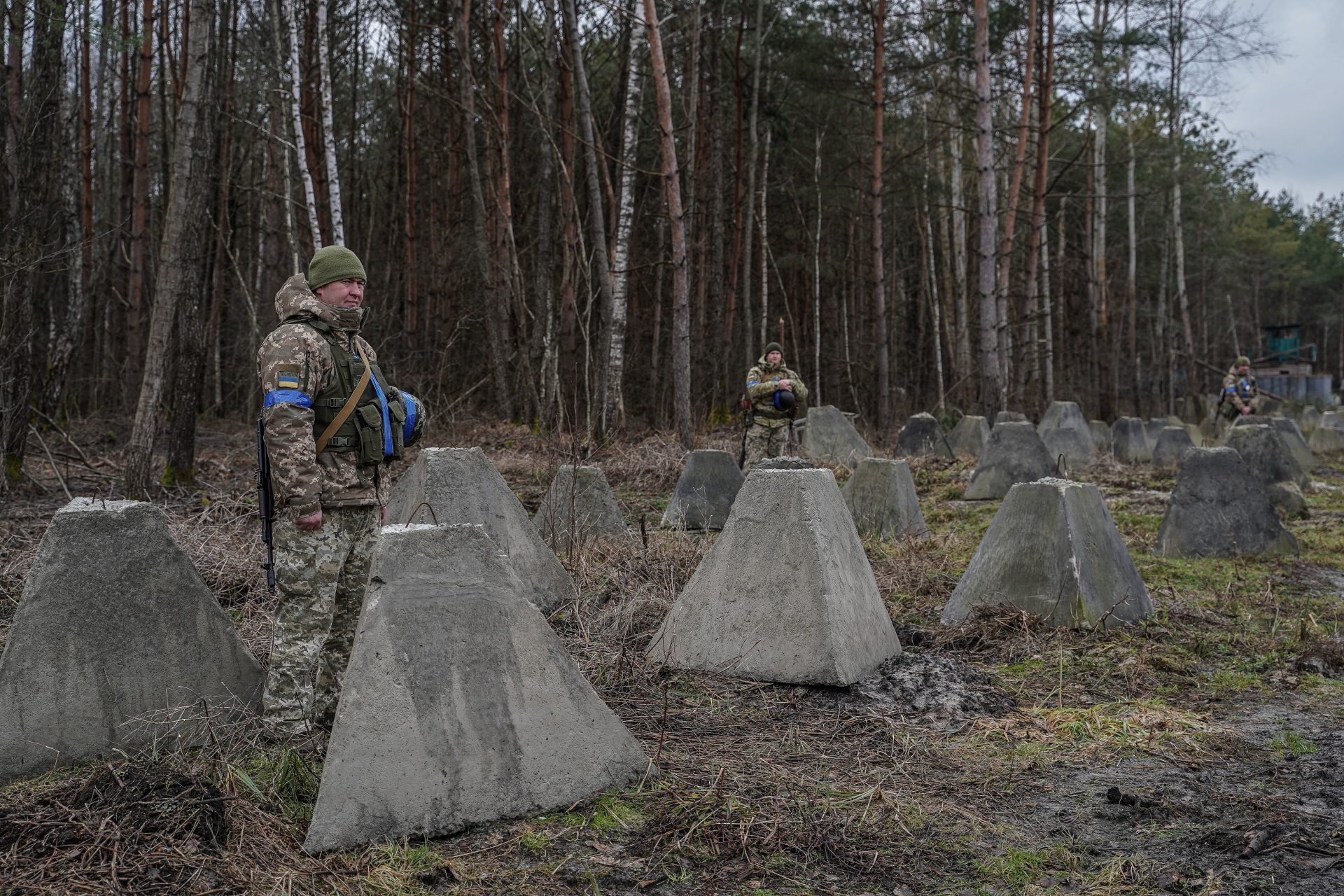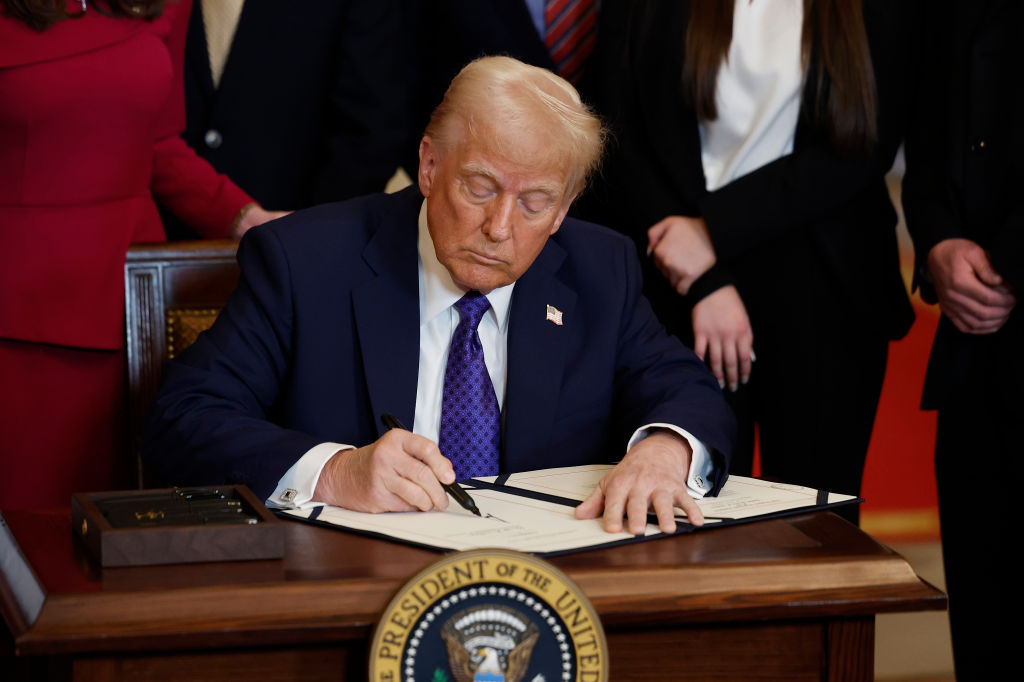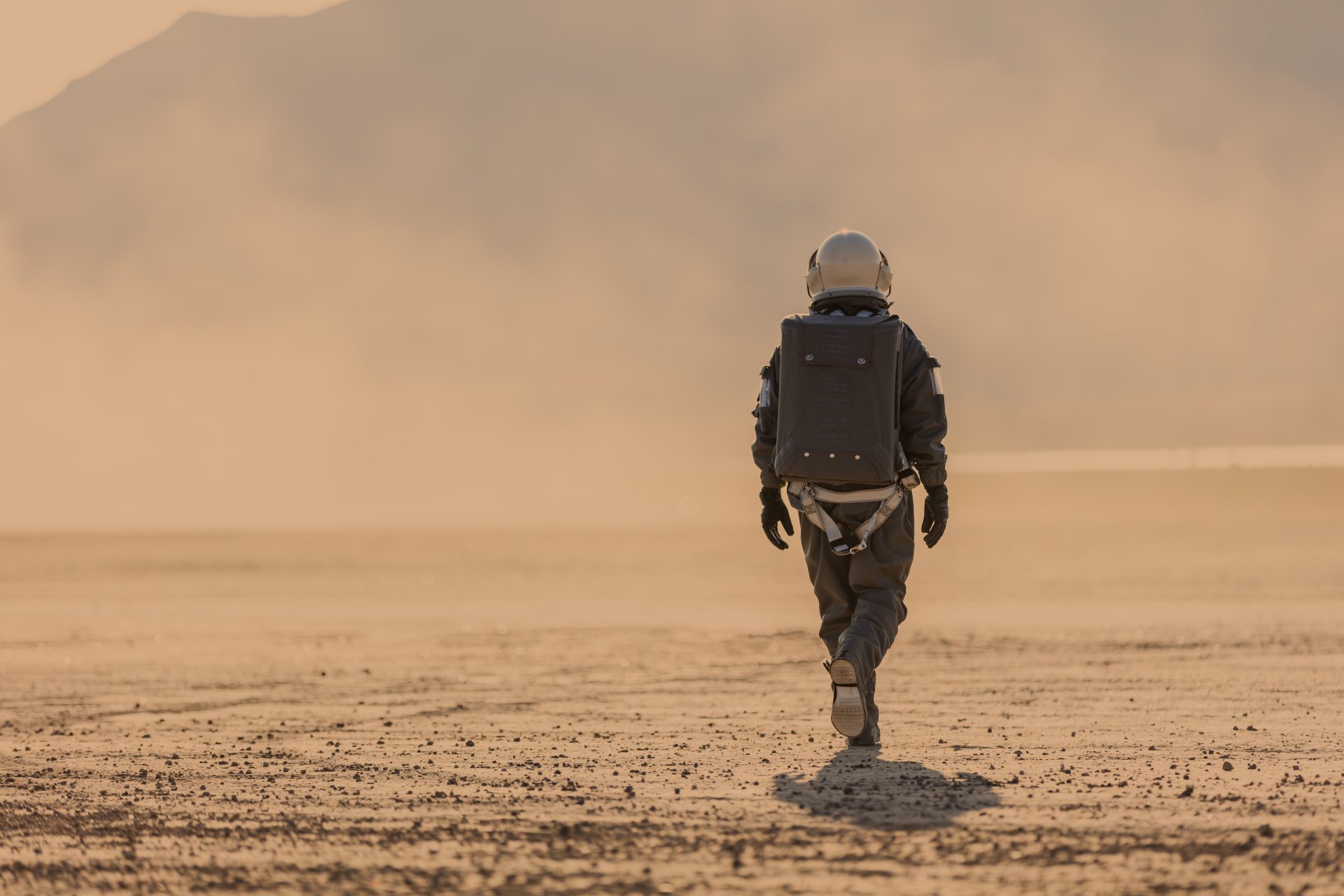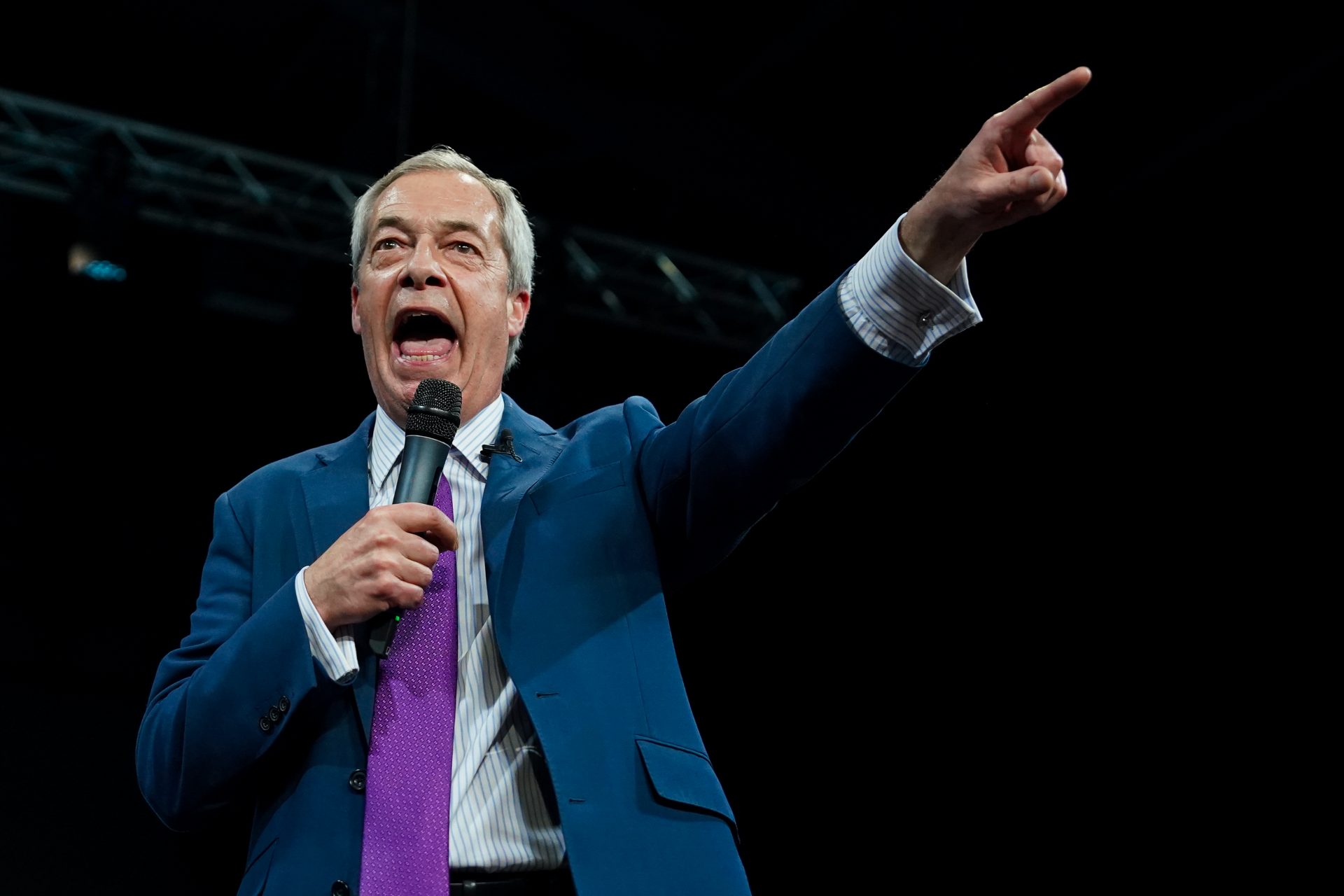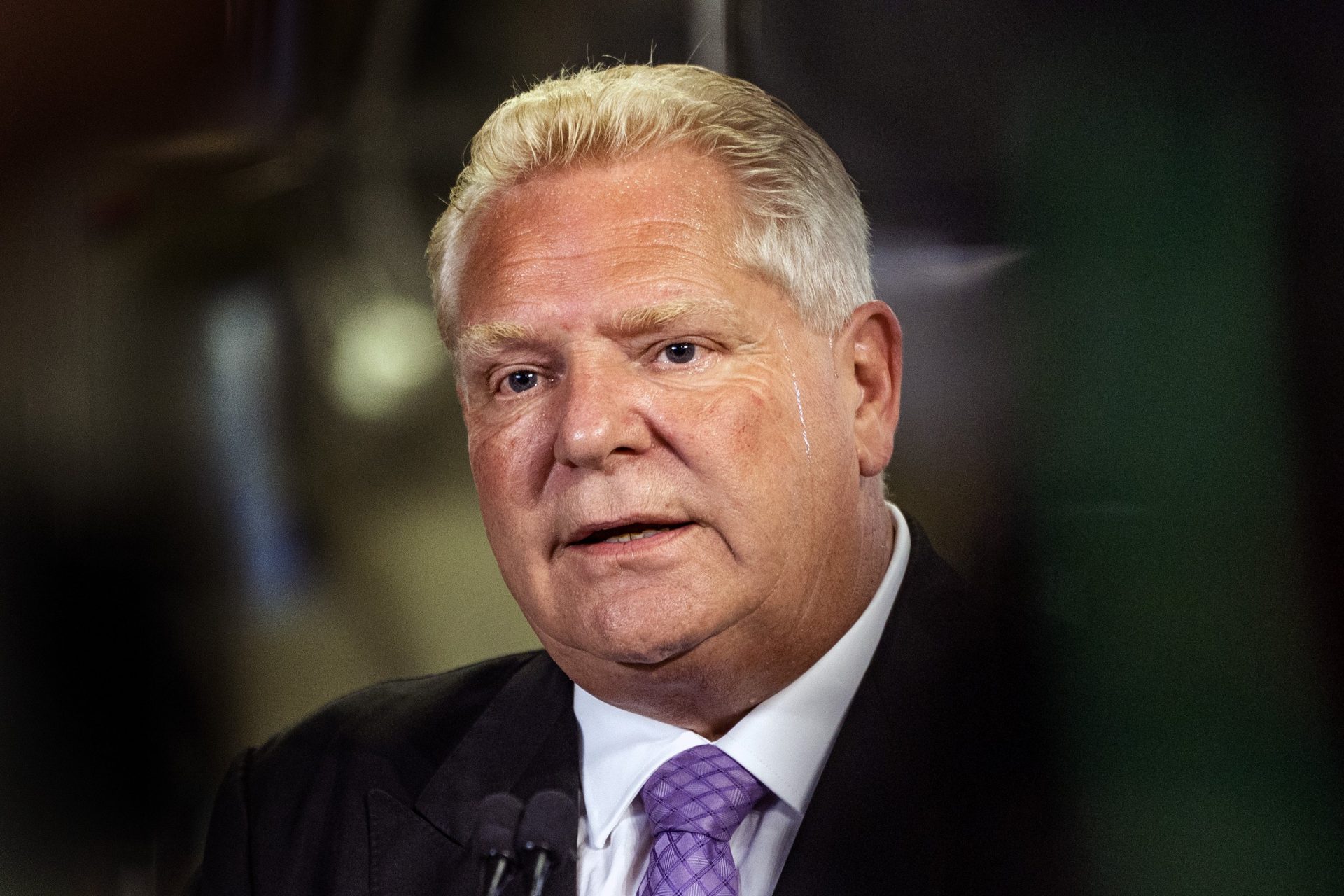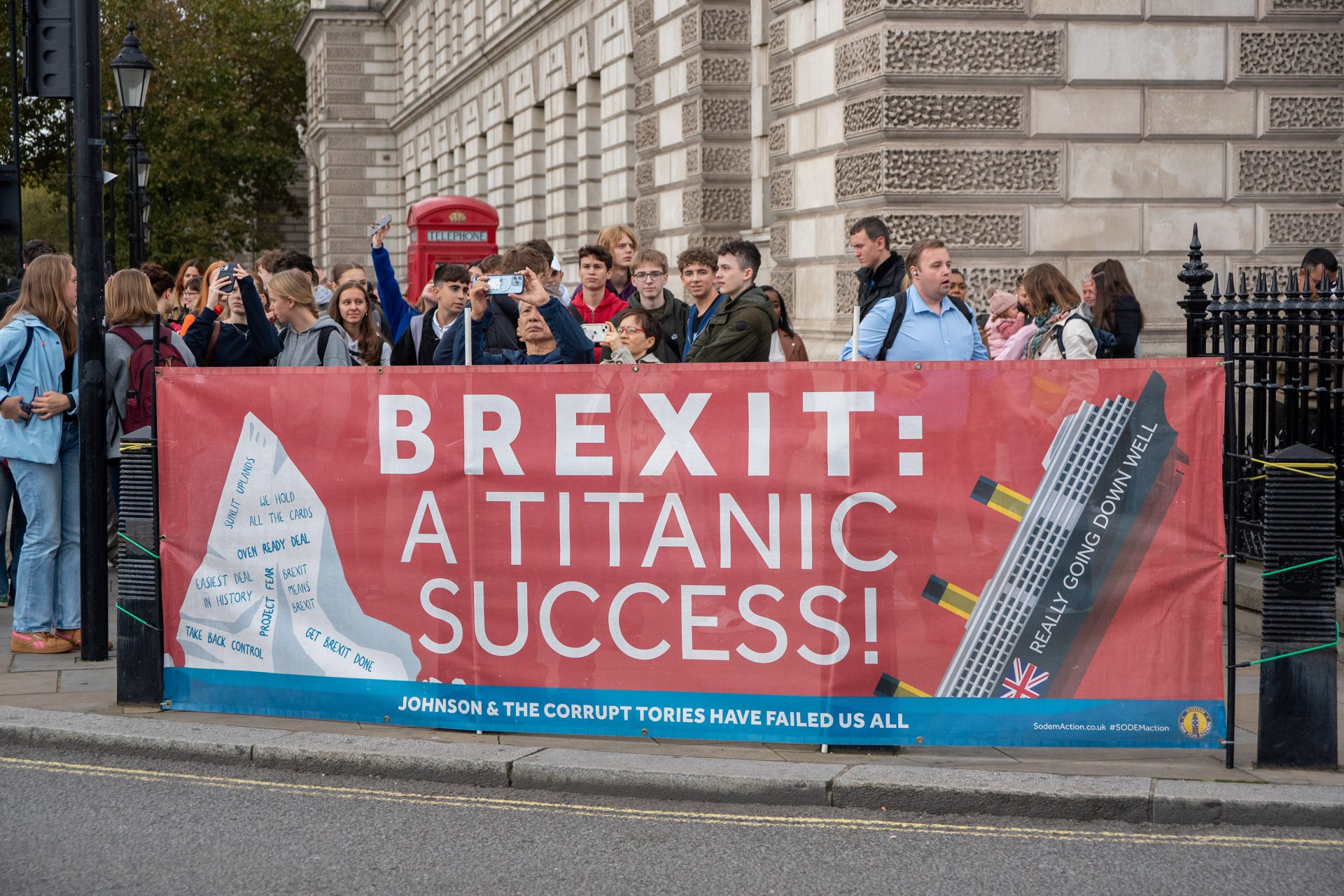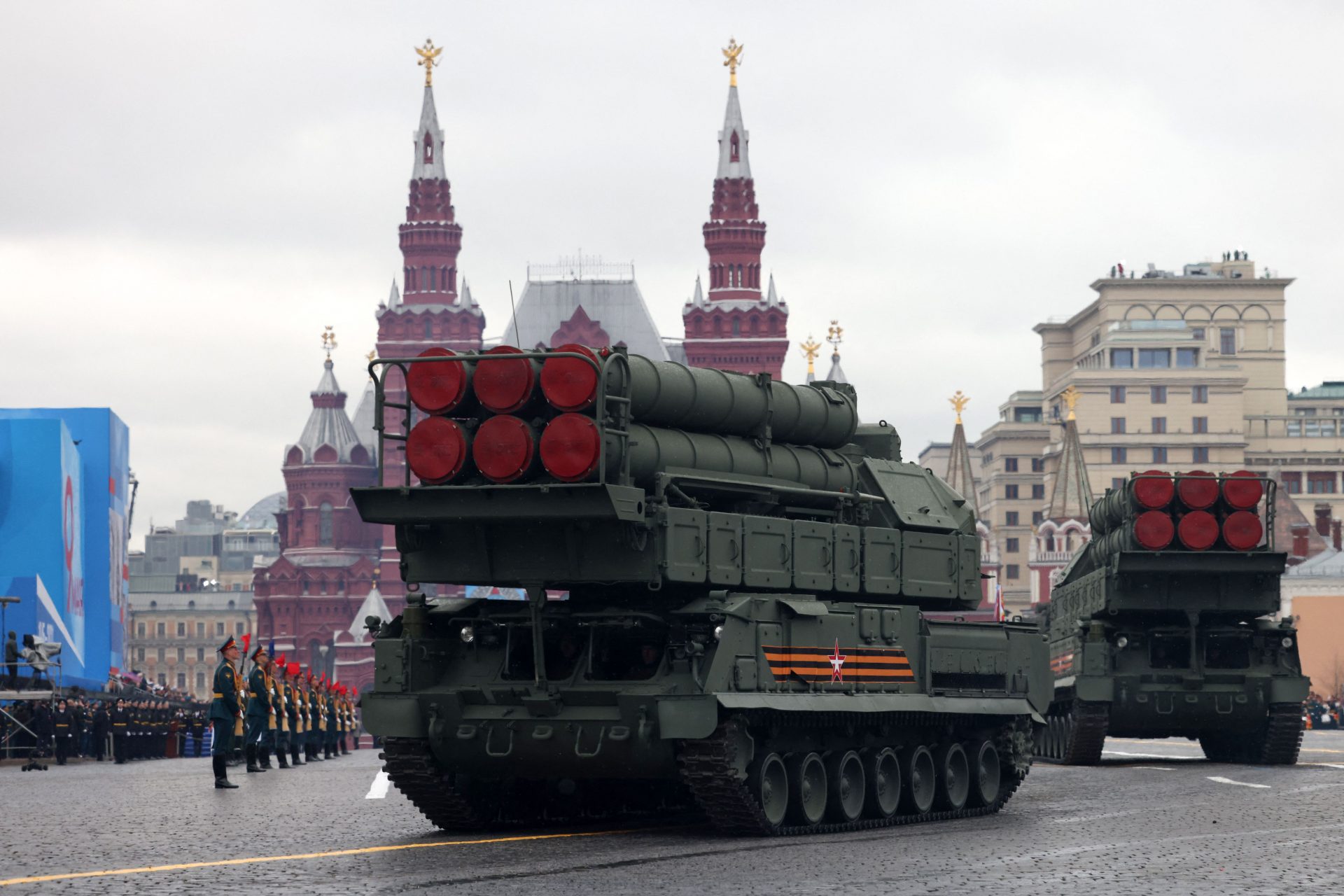Blame Europe? Are Europeans responsible for our planet's demise?
A report by the international NGO WWF, entitled "Europe eats the world" denounces the European agri-food system and its harmful consequences on our environment.
While Europe is often portrayed as the continent that feeds the world, this idea put forward by our political leaders is now being questioned.
Economically speaking, the European Union is indeed the world's leading exporter of agri-food products. To say that Europe feeds our planet would therefore be partly true.
But in its latest report dated May 20, 2022, WWF highlights the shortcomings of the European model, and claims that rather than feeding it, Europe is devouring the planet.
To explain this observation, it is necessary to look at imports from the European Union. In order to export products of animal origin or other processed products, the EU must first import basic products en masse. Examples include soy, used in astronomical quantities to feed livestock on farms, or cocoa, imported from South America, Africa and Asia to make chocolate in factories.
The overconsumption of meat and dairy products in Europe encourages all the more the importation of agricultural inputs such as soya or fertilizers. In 2020-21, the EU imported 25 million tonnes of soybean meal for animal feed "while our national production is less than 1 million tonnes", as the NGO specifies. Europe consumes far more than it produces.
To show a positive trade balance, Europe relies on a model "of importing low-value raw products and exporting high-value products, which makes a positive contribution to the European economy, but not necessarily to global food supply."
To illustrate this point, WWF reports that in 2020, Europe imported 122 billion euros of agri-food products (fruit, coffee, palm oil and soya among others) and exported 184 billion euros. The EU therefore had an agri-food trade surplus of 62 billion euros.
Europe primarily sells its products to the wealthiest consumers. According to the WWF study, Europe exports mainly to the United Kingdom (23%), the United States (12%) and China (10%). Switzerland, Canada, Saudi Arabia and Australia are among the top ten destinations to which the European Union exports its agri-food products. Moreover, the statement "Europe feeds the world" no longer has quite the same meaning as it used to.
The massive importation of basic products into the European Union has dramatic consequences for our planet. High demand has resulted in the loss of "millions of hectares of forests, savannahs and grasslands, particularly in tropical areas, destroying valuable ecosystems and contributing significantly to climate change and biodiversity loss" over the years. Because of the economic model it has built, the EU bears a great deal of responsibility for the climate crisis we are currently experiencing.
After China, the European Union is the second most implicated importer in tropical deforestation. According to WWF, European demand led to the destruction of 3.5 million hectares of tropical forests between 2005 and 2017, which released nearly 1,807 million tonnes of CO2 into the air, and had a heavy impact on terrestrial biodiversity.
It is estimated that on average, a European consumes 61 kg of soy per year, 90% of which comes indirectly from animal consumption, the soy being used to feed livestock. Between 2005 and 2017, the import of soybeans by the EU was responsible for 31% of tropical deforestation. In total, approximately 89,000 hectares of forest have been destroyed each year. And it is not the only product imported by Europe causing large-scale destruction of tropical forests.
The demand for palm oil for the European market has also had a strong impact on the environment, and is responsible for the destruction of 69,000 hectares of tropical forests per year, between 2005 and 2017.
The WWF report raises another recurring problem in Europe: food waste. "Up to 40% of the food produced in the world is never consumed", indicates the NGO in its report, specifying that the EU would waste approximately 88 million tonnes of food each year, or 173 kg of food per person. This waste is responsible for 8 to 10% of greenhouse gas emissions. If consumers have their share of responsibility, farms are also blamed.
These food losses are sometimes the result of extreme weather conditions, which are impossible to control. But other factors, such as agricultural overproduction, contractual agreements, lack of equipment, or even canceled orders, explain the waste on farms.
How can we overcome this system that is destroying our planet? According to the NGO, we must to modify, on a large scale, our eating habits. She notes: "Currently, the food of animals from factory farms is based on products that could feed humans, the cultivation of a part of which causes the destruction of natural ecosystems." Half of the grain crops we produce are used to feed animals on farms. Animal overconsumption is a real scourge for our environment, and moreover, for our health.
WWF advocates a "deep transformation of the European food system" for a more sustainable model. The NGO is for example in favor of a resized livestock sector to feed the humans of the planet at the threshold of safety, thus allowing us to abandon intensive livestock farming. In this new model, grain crops would feed humans more than farmed animals.
For WWF, it is also necessary to change policies to accelerate transitions in dietary patterns. A change in legislation that already seems to be underway, as the NGO notes: "A series of new political initiatives related to food, such as the new European legislation on deforestation-free products, is already going in the right direction."
The latest studies prove that Europeans have already started to change their eating habits. They consume less and less meat, and turn more to vegetable alternatives.
The European plant-based food industry is booming with record growth of 49% between 2018 and 2020. In Germany, sales of plant-based products (like plant-based steaks for example) increased by 224% !
Consumption of organic products has also surged in recent years and organic farming now accounts for 14.6 million hectares of land in the EU and UK. From now on, Europeans are more concerned about what they put on their plates, but also about animal welfare and the ecological impacts of intensive agriculture. A certain health crisis has all the more contributed to this awakening of consciousness.
Since the start of the Covid-19 health crisis, Europeans have wanted to eat healthier. With the confinement of March 2020, many have started to cook more, and pay more attention to the origin of their products, sourcing as much as possible from local producers.
More for you
Top Stories


























